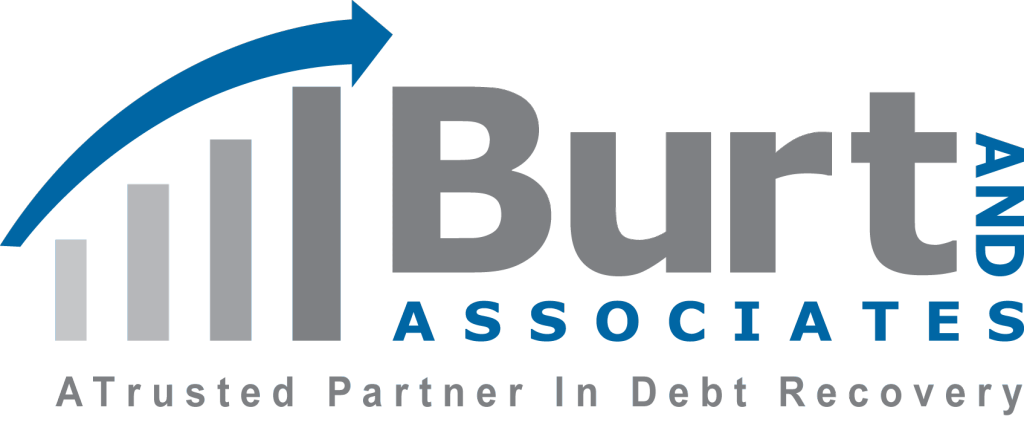Dischargeable Debt. A debt that can be eliminated through bankruptcy proceedings.
- Credit Card Debt – Most credit card balances are dischargeable in Chapter 7 or Chapter 13 bankruptcy, helping individuals eliminate high-interest debt.
- Medical Bills – Medical debt can often be overwhelming, but it is generally dischargeable in bankruptcy, allowing relief from unpaid medical expenses.
- Personal Loans – Unsecured personal loans, like those from banks or credit unions, can be discharged in bankruptcy since they are not tied to specific collateral.
- Utility Bills – Past-due utility bills, such as electricity, gas, and water bills, can be discharged in bankruptcy, although it doesn’t prevent future service cut-offs.
- Certain Lawsuit Judgments – Some judgments for unpaid debt (excluding things like fraud or intentional injury) may be dischargeable, releasing individuals from paying the judgment amount.
Note: Certain debts, like taxes, student loans, child support, and alimony, are typically not dischargeable in bankruptcy.

